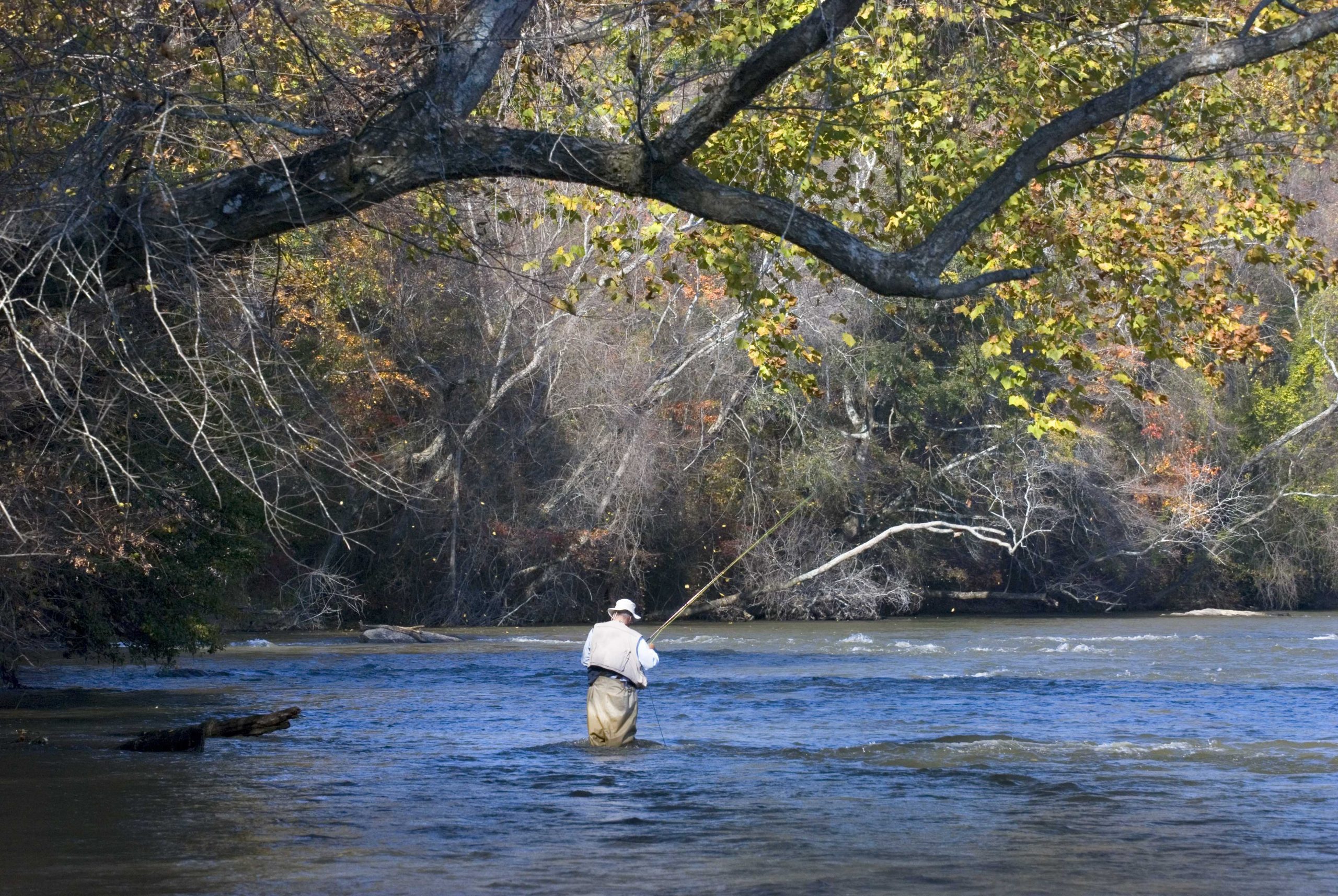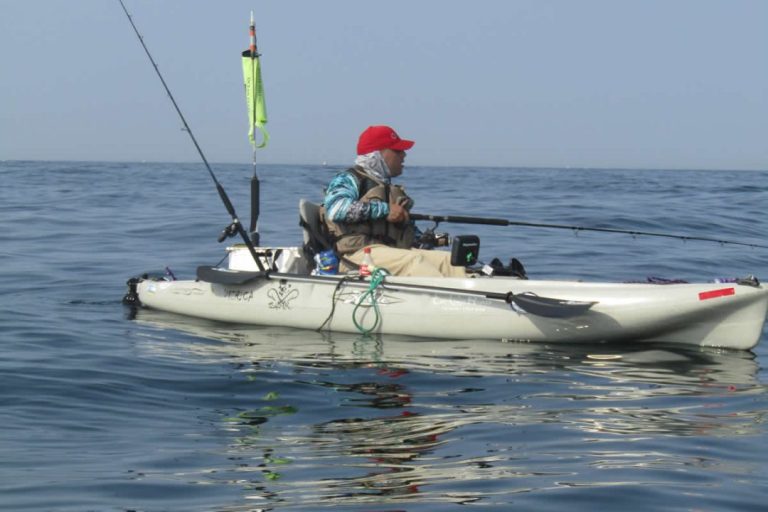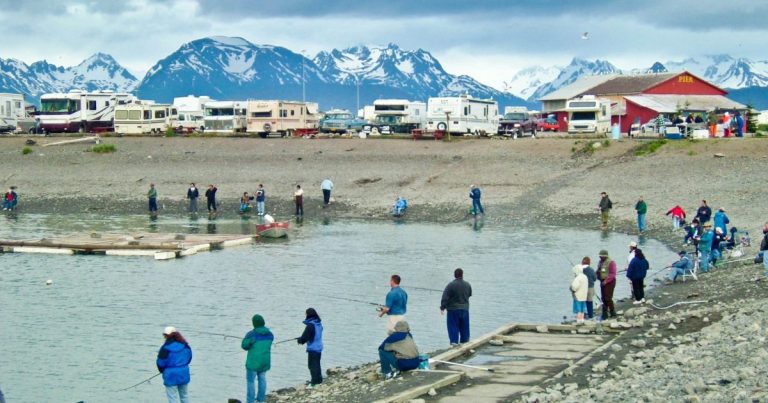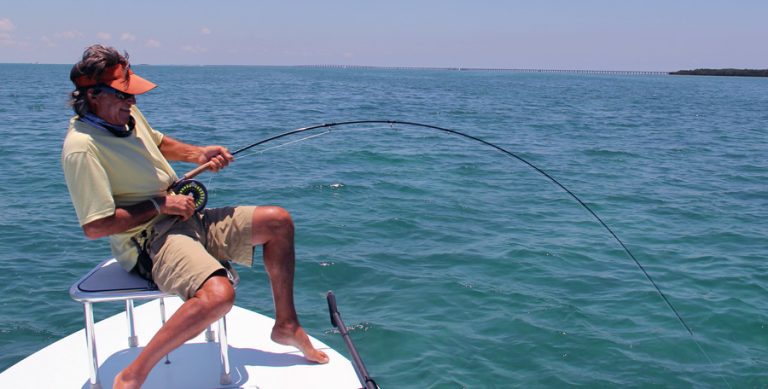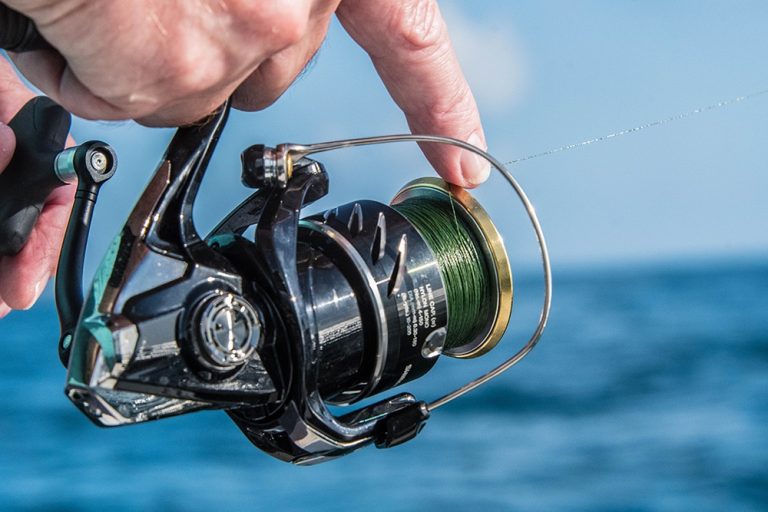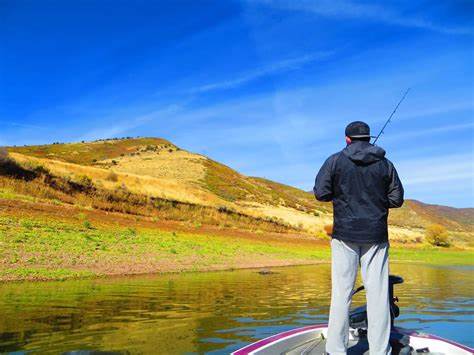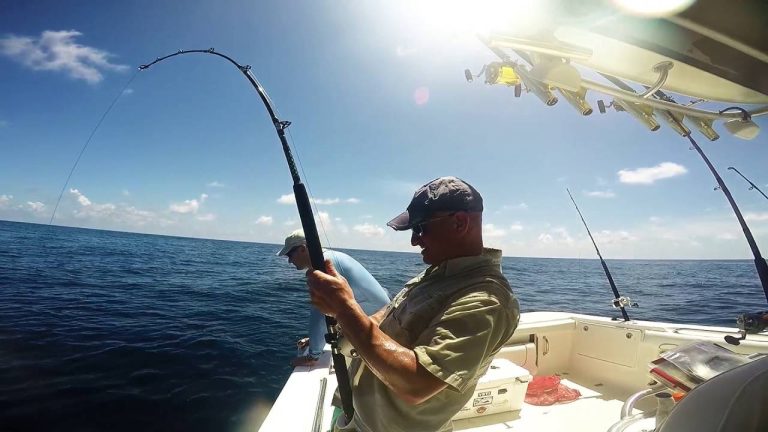Fishing offers college students a perfect escape from academic stress, but non-resident license fees can be prohibitively expensive. Fortunately, 31 states now offer resident-rate fishing licenses to out-of-state college students, with Pennsylvania poised to become the 32nd through pending legislation. These programs save students up to 93% on license costs, making fishing accessible during the college years while supporting conservation through increased participation.
Understanding College Student Fishing License Discounts
College student fishing license discounts are specialized programs allowing full-time students attending out-of-state universities to purchase fishing licenses at the same rate as in-state residents. These initiatives serve dual purposes: they make recreational fishing affordable for budget-conscious students while supporting conservation efforts through increased license sales.
The financial impact is substantial, with savings often exceeding 70% compared to standard non-resident rates. For example, in Montana, a non-resident elk tag typically costs $1,051, but eligible college students pay just $70—a 93% discount. These programs recognize that college students contribute to local economies while temporarily residing in a state for educational purposes.
Key benefits of these programs include:
- Significant cost savings (typically 50-90% off non-resident rates)
- Encouragement of outdoor recreation during formative years
- Support for wildlife conservation through increased participation
- Recognition of students’ temporary residential status
- Opportunities to explore new fishing waters near campus
States Offering College Student Fishing License Discounts
Currently, 31 states offer resident-rate licenses to non-resident college students, with Pennsylvania likely to join this list pending the passage of Senate Bill 344. The following table provides a comprehensive overview of participating states and their discount structures:
| State | Discount Type | Regular Non-Resident Fee | Student Rate | Documentation Required |
|---|---|---|---|---|
| Alabama | Resident rate | $54.05 | $16.60 | Student ID, enrollment verification |
| Alaska | Resident rate | $100 (annual) | $29 | Current semester schedule, proof of full-time status |
| Colorado | Resident rate | $97.97 | $38.24 | Enrollment verification, student ID |
| Georgia | Resident rate | $50 | $15 | Student ID, 12+ credit hour verification |
| Louisiana | “Sportsman’s Paradise” | $338 | $100 | Application with proof of enrollment |
| Montana | Resident rate | $100+ | $35 (fishing only) | Proof of full-time status, home state must offer reciprocal benefits |
| Ohio | Resident rate | $54.99 | $25.94 | Current student ID, enrollment verification |
| West Virginia | Resident rate | $41 | $20 | Student ID, proof of full-time status (12+ hours) |
A complete state-by-state guide is available at US Fishing Licenses’ State Directory.
Eligibility Requirements
While eligibility criteria vary by state, most programs share common requirements:
- Full-time enrollment status: Typically defined as 12+ credit hours per semester at an accredited institution
- Physical campus attendance: Most states require students to attend classes in-person (not online-only)
- Age restrictions: Some states limit eligibility to traditional college-age students (e.g., Alabama’s 17-23 restriction)
- Enrollment verification: Official documentation from the registrar’s office
- Current student ID: Valid for the application period
- Reciprocity conditions: Some states (like Montana) only offer discounts if the student’s home state provides similar benefits
Louisiana’s program exemplifies typical requirements, mandating students provide:
- Proof of full-time enrollment (12+ credit hours)
- Valid student ID
- Proof of residence in university housing or a signed lease
- Documentation of physical class attendance
Application Process
The application process varies by state but generally follows one of these models:
In-Person Application (Most Common)
- Visit a local wildlife department office or authorized license vendor
- Present your valid student ID and enrollment verification
- Complete the required application form
- Pay the resident-rate fee
- Receive your license immediately
Mail-In Application (Several States)
- Download the specialized application form from the state wildlife agency website
- Complete all required fields
- Attach proof of enrollment and student ID copy
- Include payment for the resident-rate fee
- Mail to the designated address
- Allow 2-3 weeks for processing
Online Application (Limited States)
A growing number of states now offer online options, though most require subsequent verification. Alabama’s online system is particularly user-friendly, allowing students to upload verification documents directly to the Alabama Department of Conservation and Natural Resources.
State Spotlight: Notable Programs
Montana’s Reciprocity Model
Montana pioneered a conditional discount system through House Bill 647 (2021) that offers resident-rate licenses to non-resident students only if their home state offers similar benefits to Montana students. This innovative approach has become a model for other states considering similar legislation. The program provides:
- Resident rates on fishing, hunting, and combination licenses
- Access to limited-entry tags at dramatically reduced rates
- Savings of up to 93% on big game licenses
- Full conservation stamp benefits
Application requires verification through the Montana Fish, Wildlife & Parks office and proof that the student’s home state offers reciprocal benefits.
Louisiana’s “Sportsman’s Paradise” Package
Louisiana offers one of the most comprehensive discount packages through its “Sportsman’s Paradise” college student license. This all-inclusive license provides:
- Basic and saltwater fishing privileges
- Basic hunting privileges
- Big game hunting access
- Turkey hunting access
- Access to Wildlife Management Areas
- All for $100 (73% discount from non-resident rates)
Applications must be mailed to the Louisiana Department of Wildlife and Fisheries with proper documentation.
West Virginia’s Simple System
West Virginia offers one of the most straightforward programs, requiring minimal documentation and providing immediate license issuance. Students need only present their current student ID and proof of full-time status at any West Virginia Division of Natural Resources office or license agent.
Maximizing Your Discount Benefits
To get the most from these programs, consider these strategies:
- Apply early: Some states have limited allocations for student discounts
- Maintain full-time status: Dropping below the credit threshold may invalidate your license
- Consider combination licenses: Many states offer even greater savings on combination hunting/fishing packages
- Check reciprocal agreements: If your home state doesn’t offer reciprocal benefits, advocate for policy changes
- Keep documentation accessible: Digital copies of enrollment verification can be helpful for unexpected opportunities
Conservation Impact of Student Discount Programs
These discount programs serve a critical conservation purpose beyond making fishing affordable. According to the Congressional Sportsmen’s Foundation (CSF), students who purchase discounted licenses show 22% higher retention rates as lifelong license buyers, directly supporting conservation funding.
Since the Federal Aid in Sport Fish Restoration Act (Dingell-Johnson Act) allocates funds based on license sales, these programs help ensure sustainable conservation funding. Each new or retained angler represents additional federal funding for habitat protection, fisheries management, and public access.
FAQs About College Student Fishing License Discounts
Do online-only students qualify for discounted fishing licenses?
Most states require physical campus attendance. However, policies evolved during the pandemic, so check with your specific state’s wildlife agency for current requirements.
Can graduate students qualify for these discounts?
Yes, in most states, though age restrictions may apply. Full-time enrollment status (typically 9+ credit hours for graduate students) is usually required.
Do international students qualify for resident-rate fishing licenses?
Yes, most participating states extend these benefits to international students meeting the same enrollment criteria as domestic students.
What happens if I transfer schools mid-year?
You’ll need to update your license if you change states. Some states offer prorated refunds or transfers if you move during the license period.
Can I use my student discount to get licenses in multiple states?
Yes, provided you meet each state’s specific eligibility requirements. There’s no national database tracking student license purchases across state lines.
Conclusion
College student fishing license discounts represent a win-win policy that supports both student recreation and conservation efforts. With 31 states now offering these programs and more considering similar legislation, the opportunity for affordable fishing during college years continues to expand nationwide.
For the most current information on specific state programs, visit US Fishing Licenses or contact your state’s wildlife agency directly.



